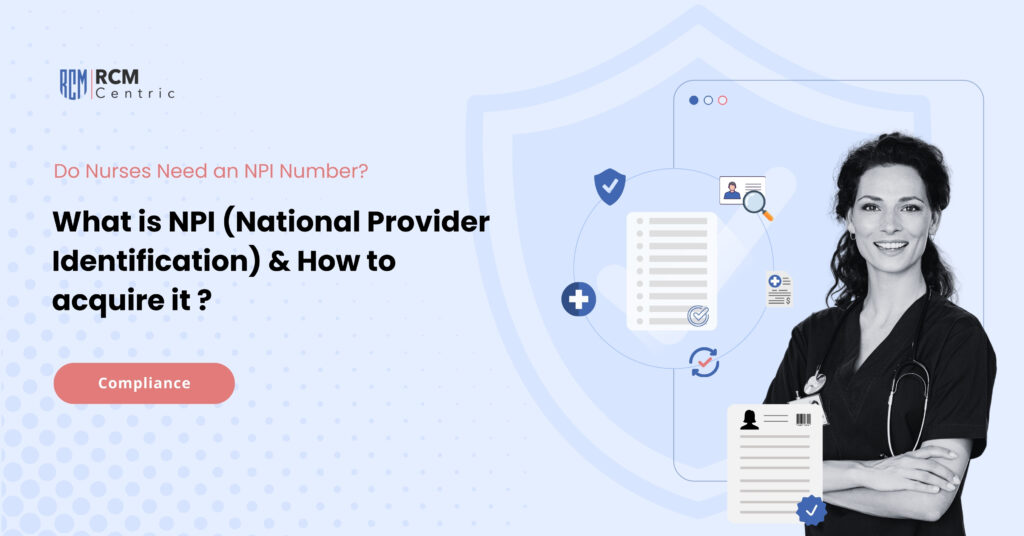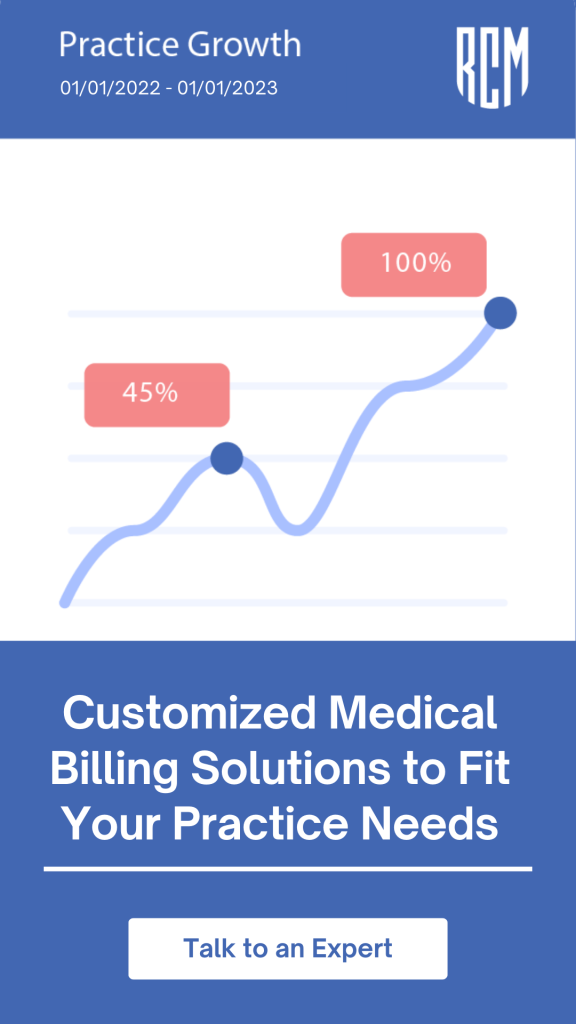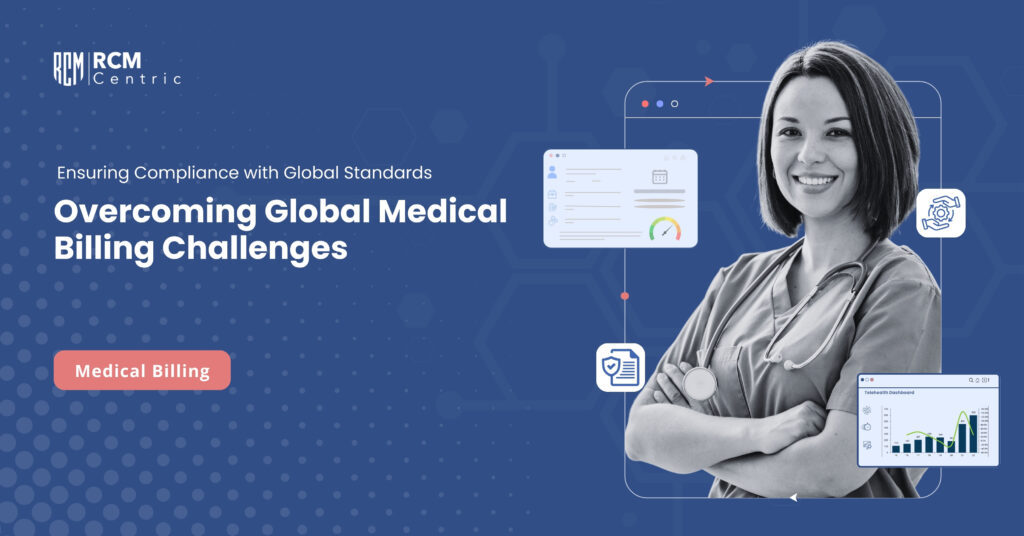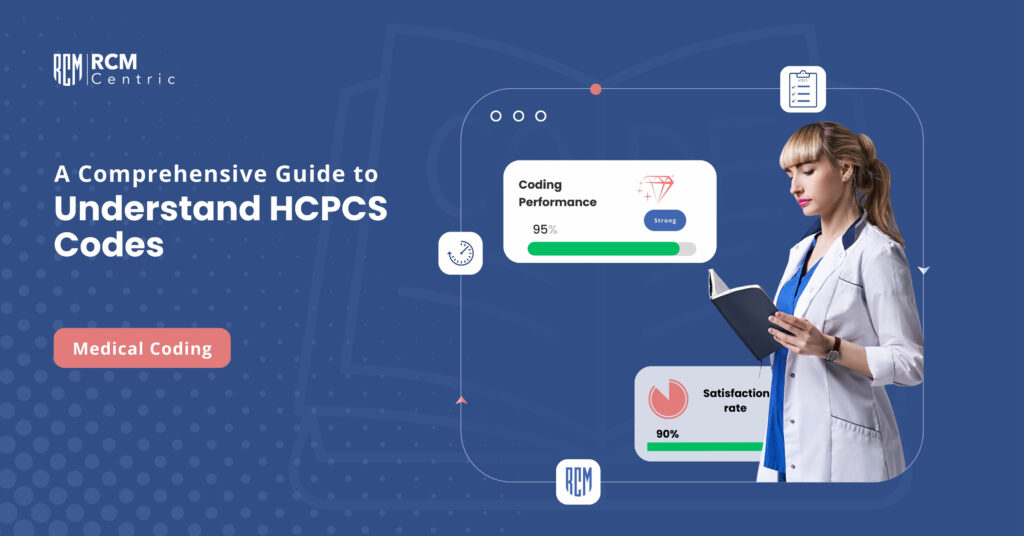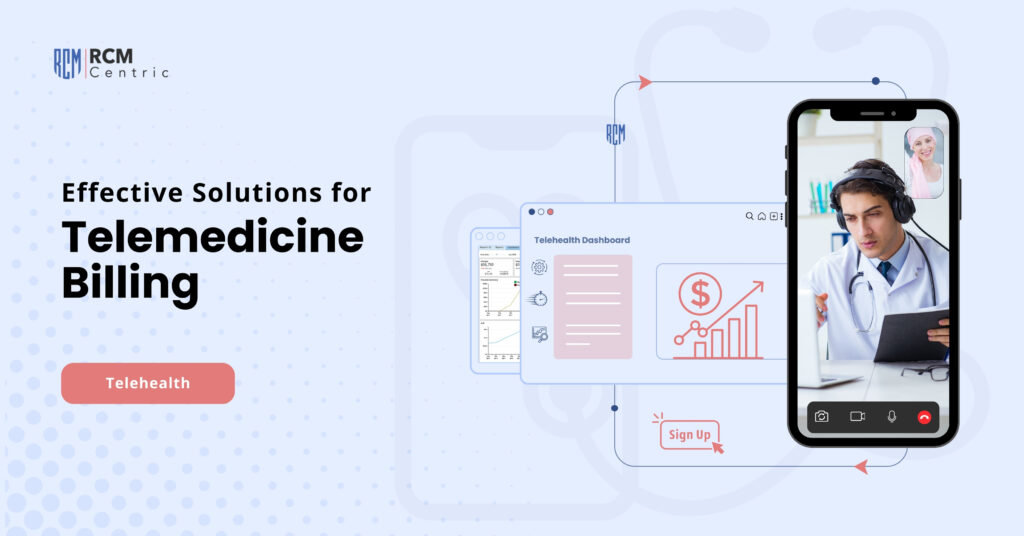In the healthcare industry, administrative tasks play a crucial role in ensuring that care delivery is efficient, accurate, and compliant with regulations. One of these administrative requirements is the National Provider Identifier (NPI), a unique identification number that is mandatory for many healthcare professionals. While physicians and advanced practitioners commonly need an NPI, nurses often wonder whether they, too, require one. This article will guide you through the basics of NPI numbers for nurses, when they are necessary, how to obtain one, and the benefits of using expert billing services for medical practices.
1. What is NPI?
The National Provider Identifier (NPI) is a 10-digit number issued by the Centers for Medicare & Medicaid Services (CMS) in the United States. Its primary function is to standardize the identification of healthcare providers across various electronic health transactions, including insurance billing and reimbursement. While obtaining an NPI number is mandatory for physicians and advanced practice providers, not all nurses are required to have one. This article will help clarify who needs an NPI number and the steps for nurses to acquire one.
2. Do Nurses Need an NPI Number?
Whether a nurse needs an NPI number depends on their specific role and responsibilities.
Here are the key scenarios:
i. Advanced Practice Registered Nurses (APRNs):
APRNs, such as Nurse Practitioners (NPs), Clinical Nurse Specialists (CNSs), Certified Nurse Midwives (CNMs), and Certified Registered Nurse Anesthetists (CRNAs), are required to have an NPI number. Since these nurses often diagnose, treat, and bill for their services independently, an NPI is essential for processing insurance claims and obtaining reimbursements for their work.
ii. Registered Nurses (RNs) and Licensed Practical Nurses (LPNs):
Most Registered Nurses (RNs) and Licensed Practical Nurses (LPNs) do not need an NPI number. In general, RNs and LPNs work under the supervision of a physician or an organization that handles billing on their behalf. However, in some cases—such as when an RN is involved in home health care or another setting where they bill independently—an NPI number may be necessary.
Nurses in Administrative Roles: Nurses who work in non-clinical, administrative capacities typically do not need an NPI number. Their responsibilities do not involve direct patient care or billing, so acquiring an NPI is not relevant for their role.
3. The Process of Acquiring an NPI Number
If you are a nurse who requires an NPI number, the process for acquiring one is straightforward and can be done online.
Below is a step-by-step guide:
i. Determine Your Need:
Before applying for an NPI, confirm whether you need one based on your role. APRNs will undoubtedly need an NPI, while RNs and LPNs may require one depending on their billing responsibilities.
ii. Prepare Your Information:
Gather the necessary information before starting your application, including:
- Full legal name
- Social Security Number (SSN)
- Date of birth
- Mailing and practice addresses
- State license number and taxonomy code (identifying your healthcare specialty)
iii. Visit the NPPES Website:
To apply for an NPI number, go to the National Plan and Provider Enumeration System (NPPES) website complete the NPI Application: Once logged in, you can begin the NPI application. You’ll be asked to provide personal information, your professional credentials, and details about your practice or place of work. Be sure to enter your information accurately to avoid delays.
iv. Submit the Application:
After reviewing your application, submit it online. The NPI application is free, and the process typically takes about 10 minutes to complete.
v. Receive Your NPI Number:
After submission, you should receive your NPI number within 10 business days. It will be sent to you via email, and you can also access it through your NPPES account. Once you have your NPI, you can use it for billing, insurance claims, and other administrative purposes.
vi. Keep Your Information Updated:
If any of your personal or professional details change, such as a new business address or an updated state license, you are required to update your NPI information on the NPPES website. Keeping this information current ensures that your NPI remains valid and that billing processes are not disrupted.
4. Benefits of Using Expert Billers for Medical Practices
Acquiring an NPI number is just one aspect of managing medical billing. For nurses and medical practices, the complexities of billing can be overwhelming. This is where expert billers come in, offering numerous benefits, including:
a) Optimized Revenue Cycle Management:
Expert billers ensure claims are submitted correctly and promptly, leading to fewer denials and faster reimbursements, which ultimately improves the practice’s cash flow.
b) Regulatory Compliance:
Medical billing experts stay updated on the ever-changing healthcare regulations, ensuring that your billing processes remain compliant with state and federal laws.
c) Reduced Administrative Burden:
Outsourcing billing tasks to professionals allows nurses and healthcare providers to focus on patient care rather than getting bogged down by administrative tasks.
d) Minimized Errors:
Expert billers specialize in coding and medical billing practices, reducing the likelihood of errors that could result in delays or rejections of claims.
e) Enhanced Patient Satisfaction:
Efficient billing systems lead to fewer billing errors, improving the overall patient experience and reducing disputes related to payments or insurance.
Conclusion
While not all nurses need an NPI number, it is crucial for those in advanced practice roles or specific independent settings to acquire one. Advanced Practice Registered Nurses (APRNs) and some Registered Nurses (RNs) in specialized billing roles will find that having an NPI number is essential for their work. The process to acquire an NPI is straightforward, and keeping it up to date ensures compliance with healthcare billing standards.
For nurses and medical practices, managing the billing process can be complex. RCM Centric offers expert billing solutions that simplify this process, helping healthcare providers acquire and utilize their NPI numbers effectively. By partnering with RCM Centric, nurses and medical practices can improve their billing efficiency, reduce administrative burdens, and focus more on delivering quality patient care.

